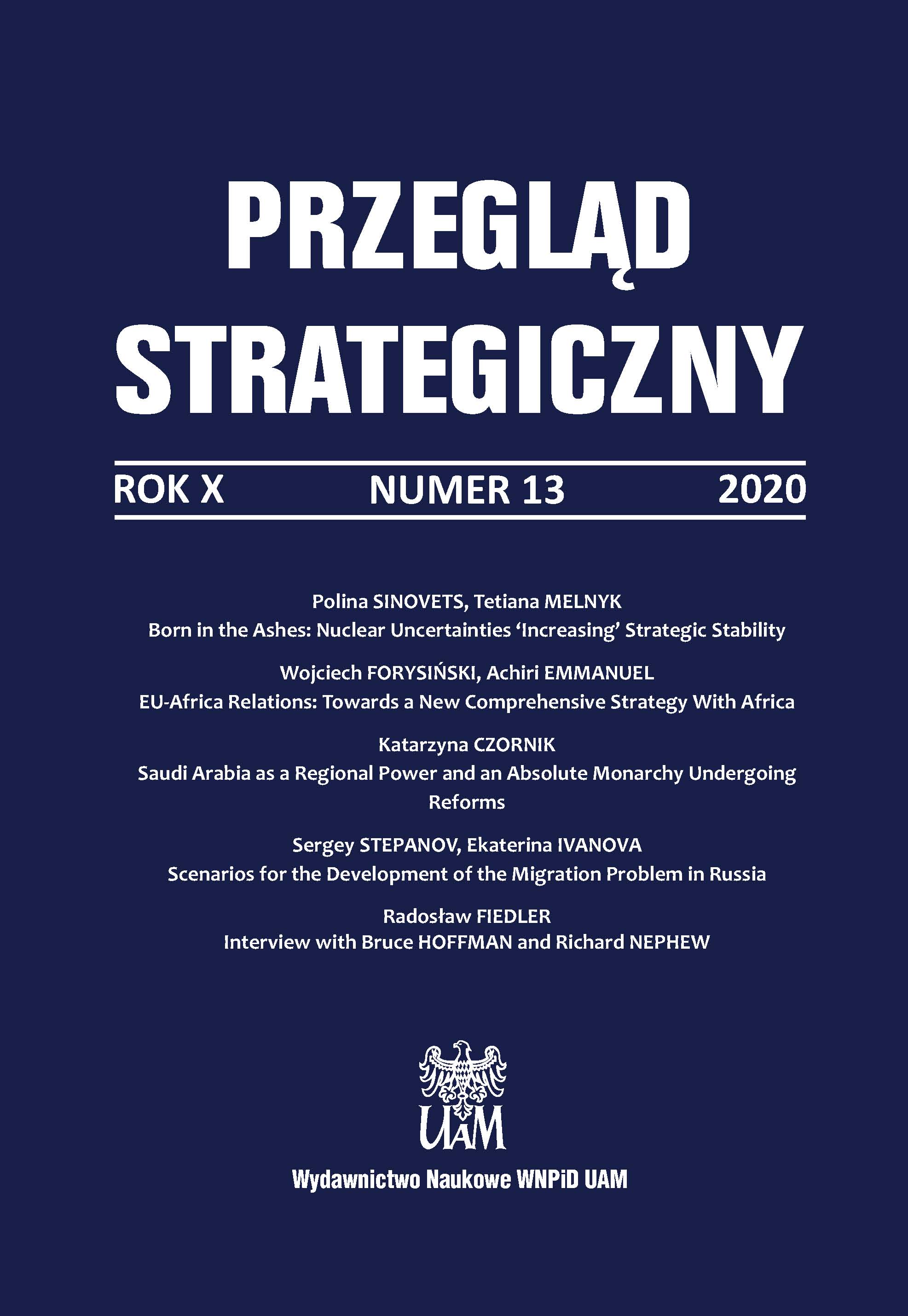The Formation of the International Imperatives of the National (Food) Security Coefficient in Ukraine under Globalization
The Formation of the International Imperatives of the National (Food) Security Coefficient in Ukraine under Globalization
Author(s): Svitlana Khalatur, Kateryna Zhylenko, Igor I. Vinichenko, Olena Trokhymets, Lesia KriuchkoSubject(s): Politics
Published by: Uniwersytet Adama Mickiewicza
Keywords: agriculture; investment; food; indicators; national security; imports;exports;
Summary/Abstract: The purpose of the study is to review the academic literature on food security issues in order to examine the indicators of rational and minimal nutrition, facilitating the analysis of the existing system of indicators by which to assess the state of the food security system in a country. The aim of the article is to investigate and demonstrate the imperatives behind the formation of Ukraine’s national (food) security in the context of globalization. National food security in the broad sense should be considered as the state of the economy, and more narrowly – as the guaranteed ability of a state to meet the needs of the population by providing each citizen with the required volume, range and quality of food at a level that ensures the health and intellectual development of the individual, based on the principles of self-sufficiency of basic products and their economic and physical accessibility, regardless of the influence of external and internal factors. The Global Food Security Index Ranks of the European Union and Ukraine are analyzed. Consumer expenditure on food consumed at home in Ukraine is analyzed in the article. Average food security indicators of the EU and Ukraine are analyzed for 2001–2018, in particular for food exports, food imports, food production index, food, beverages and tobacco. The dynamics and forecasts of wheat and maize harvest and crop production in Ukraine and the EU are compared. The analysis of the Suite of Food Security Indicators of the EU and Ukraine is presented alongside a comprehensive analysis of the multifactor regression model of Food Production Index from foreign direct investment, net inflows, GDP growth, GNI per capita growth, short-term debt, tax revenue, total natural resources rents, and trade. The analysis has shown that for the analysis of the food production index it is effective to build a regression model, because it allows not only to estimate the degree of influence of the factor on the result, but also to most effectively predict the size of the food production index for the future.
Journal: Przegląd Strategiczny
- Issue Year: X/2020
- Issue No: 13
- Page Range: 455-475
- Page Count: 22
- Language: English

